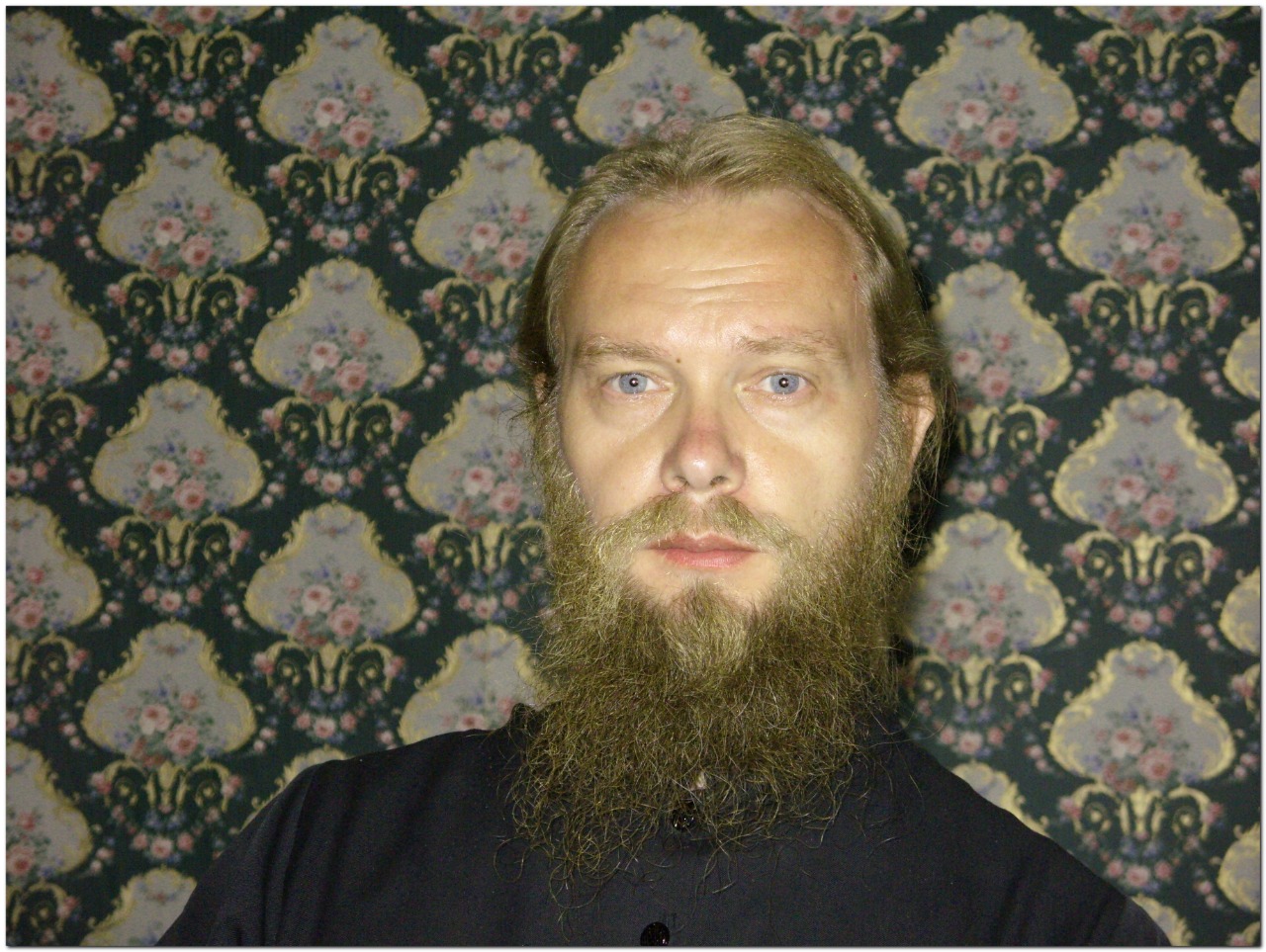In this article, the author shows the development of the Christian doctrine of the providence in the writings of late Byzantine theologians. Christian thought by that time outlined the dogmatic boundaries of the understanding of the divine providence in comparison with ancient pagan ideas. At the same time, the theology continued to develop the question of reconciling the divine providence with the freedom of the man and the presence of the evil in the world. For this period, the polemic with the pagan fatalism and the Islamic determinism remained relevant. The author thinks that we can talk about the presence of a hidden and mediated discussion between the Palamism and the Thomism about the possibilities of the theoretical rationale of the divine providence. The Palamite rationale for the providence can be called a “synergistic paradigm”, while the Augustinian-Thomistic development is a “moderately deterministic paradigm”. The Augustinian doctrine of grace represents, according to the author, a breakpoint between the West and the East.
Keywords: providence, foreknowledge, predestination, providence, palamism, late Byzantine period, Augustinism, Thomism, fatalism, determinism
DOI: 10.22250/20728662_2022_2_67
About the author
 |
Alexey A. Kamenchuk - teacher of the Center for the Training of Church Specialists of the Vladivostok Diocese of the Russian Orthodox Church; 65 Pologaya Street, Vladivostok, 690091, Russia; This email address is being protected from spambots. You need JavaScript enabled to view it. |






